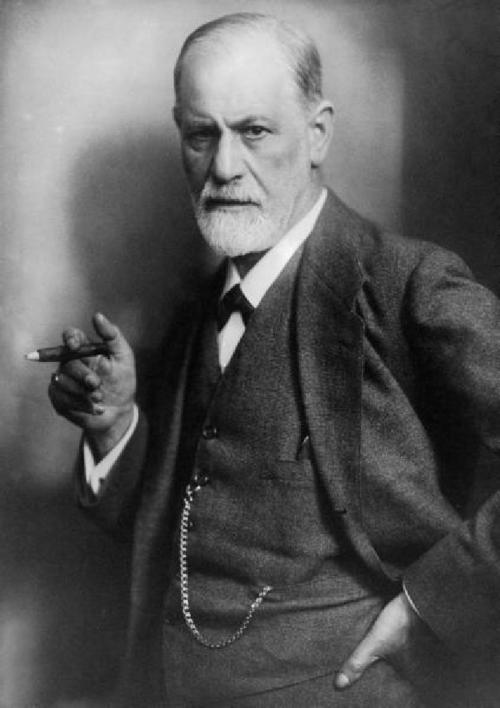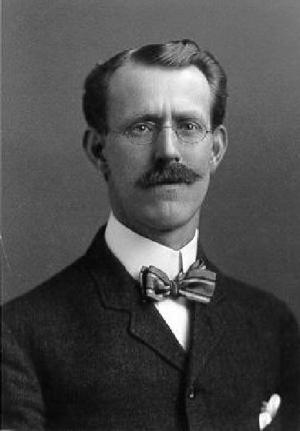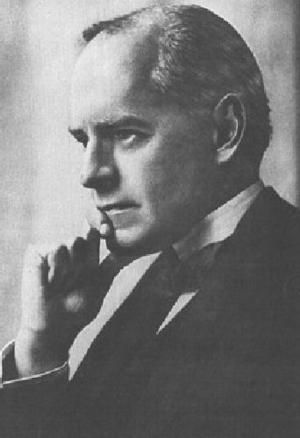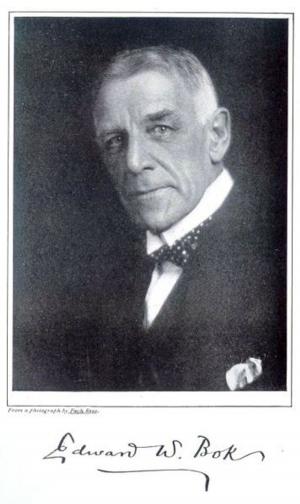| Author: | Sigmund Freud | ISBN: | 9781455411269 |
| Publisher: | B&R Samizdat Express | Publication: | December 15, 2009 |
| Imprint: | Language: | English |
| Author: | Sigmund Freud |
| ISBN: | 9781455411269 |
| Publisher: | B&R Samizdat Express |
| Publication: | December 15, 2009 |
| Imprint: | |
| Language: | English |
According to Wikipedia: "Sigmund Freud (6 May 1856 23 September 1939), was an Austrian neurologist who founded the discipline of psychoanalysis. Freud is best known for his theories of the unconscious mind and the mechanism of repression, and for creating the clinical method of psychoanalysis for investigating the mind and treating psychopathology through dialogue between a patient (or "analysand") and a psychoanalyst. Freud established sexual drives as the primary motivational forces of human life, developed therapeutic techniques such as the use of free association, discovered the phenomenon of transference in the therapeutic relationship and established its central role in the analytic process; he interpreted dreams as sources of insight into unconscious desires. He was an early neurological researcher into cerebral palsy, aphasia and microscopic neuroanatomy, and a prolific essayist, drawing on psychoanalysis to contribute to the history, interpretation and critique of culture."
According to Wikipedia: "Sigmund Freud (6 May 1856 23 September 1939), was an Austrian neurologist who founded the discipline of psychoanalysis. Freud is best known for his theories of the unconscious mind and the mechanism of repression, and for creating the clinical method of psychoanalysis for investigating the mind and treating psychopathology through dialogue between a patient (or "analysand") and a psychoanalyst. Freud established sexual drives as the primary motivational forces of human life, developed therapeutic techniques such as the use of free association, discovered the phenomenon of transference in the therapeutic relationship and established its central role in the analytic process; he interpreted dreams as sources of insight into unconscious desires. He was an early neurological researcher into cerebral palsy, aphasia and microscopic neuroanatomy, and a prolific essayist, drawing on psychoanalysis to contribute to the history, interpretation and critique of culture."















